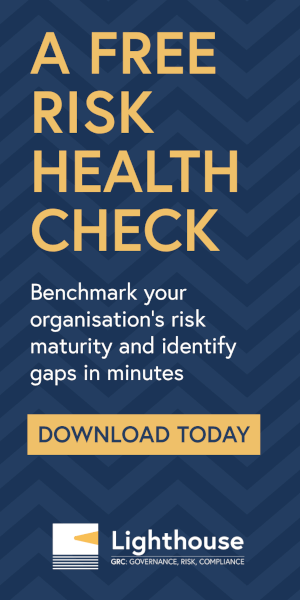EU News
|
|
|
Research and Innovation: new modelling results link natural resources and armed conflicts
The EU Joint Research Centre (JRC) has developed a statistical modelling tool which allows the risk of conflict occurrence in developing countries to be analysed. Combining online news reports with geographical satellite data, the tool establishes a link between natural resources and the risk of conflict. A key advance is the very detailed scale of the data (most being gathered to the square kilometre) and the fact that the modelling is based on the seriousness of the conflicts. When tested, the model successfully identified the correlation between resource-rich areas of land and occurrence of conflict. This approach has potential use in the European Commission's development aid planning and crisis prevention.
Commissioner for Research, Innovation and Science, Máire Geoghegan-Quinn, said: "This new tool developed by European researchers at the JRC can make a decisive contribution to resource management and conflict prevention in developing countries. A better understanding of the factors and conditions that lead to tension and insecurity will mean better decisions on aid and crisis prevention mechanisms."
The model makes it possible to perform statistical comparisons between conflict events and geo-referenced datasets, such as those on natural resources (including mineral resources), land cover, distribution of population and economic activity, electrification rates, terrain and other geographical data.
First results show that there is a link between conflict events and the proximity of mineral resource mines and grassland, and greater chance of conflict in areas where there have been conflicts in the past. The data collected by the JRC also show that many conflict events reported by the media are related to food issues: cattle raiding, conflicts between herders and cultivators, pillaging and conflict over access to water.
The model was developed in the context of the project 'Global Atlas and Information Centre for Conflicts and Natural Resources', which focused on 18 countries from four regions: African Great Lakes, the Horn of Africa, Western Africa and Central Asia, analysing reports of over 1,500 conflict events.
The information from the model is freely accessible at
www.jrc.ec.europa.eu/conflicts-atlas.
Background
The "Global Atlas and Information Centre for Conflicts and Natural Resources" project is financed by the European Union's Instrument for Stability. The JRC used comprehensive, geo-referenced datasets. Some of these datasets were entirely created by the JRC, in particular the JRC Conflict Event Dataset. This was built up by analysing tens of thousands of online news articles to assess conflict occurrence, using an advanced information mining system, the JRC’s European Media Monitor System (EMM). Information collated included the geographic location, severity, estimated number of victims and duration of each conflict event.
Other factors related to conflict, such as economic, demographic and developmental conditions, were gathered from existing databases. Using statistical modelling, the main factors that can explain or predict the intensity and location of armed conflict were identified and described in the study report.
The JRC
The Joint Research Centre (JRC) is the European Commission's in-house science service. Its mission is to provide customer-driven scientific and technical support for the conception, development, implementation and monitoring of European Union policies. The JRC serves the common interest of the Member States, while being independent of special interests, whether private or national.
The JRC's multidisciplinary work on food security covers the relevant research areas and global challenges: environment, climate change, energy, biotechnology, technology foresight and global security. With its scientific expertise – ranging from soil quality, drought and flood monitoring, GMO detection methods, to new breeding techniques, crop yield forecasts and crisis monitoring – the JRC backs up EU legislation, action plans and programmes.
For more information:
The report 'Armed Conflicts and Natural Resources' can be downloaded from:
http://publications.jrc.ec.europa.eu/repository/handle/111111111/22464
Information on conflicts and natural resources:
Global Atlas & Information Centre for Conflicts and Natural Resources
Food Security monitoring at the JRC:
http://mars.jrc.ec.europa.eu/mars/About-us/FOODSEC
See also:
|
Contacts : Michael Jennings +32 2 29 63388 Monika Wcislo +32 2 29 55604
|


